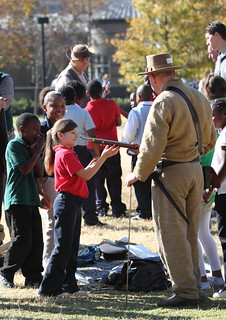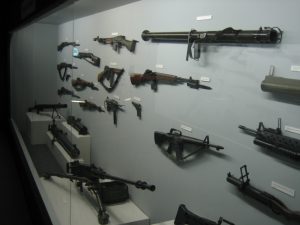I'm reading with sadness the news coming out of Norway. Apparently, 32-year old Anders Behring Breivik decided that his Christian beliefs were so threatened by cultural shifts, minorities, immigration and multiculturalism that he needed to bomb and shoot people in order to address that threat. The killings were politically motivated: the bomb was detonated at the Primer Minister's office and Breivik then stalked and shot at close range people at a political retreat.
Some will talk about the dangers of having weapons of various sorts and sizes available to individuals like Breivik and passionately implore for tighter controls and regulation of firearms or other weapon-making materials. Indeed, we should be asking hard questions about when, where and why we create weapons designed to kill other human beings, and how we allow them to be used.
Some will talk about how this is a clear cut example that acts of terrorism are an ongoing threat and need to be safeguarded against using increased governmental or military power to fight terrorists and prevent attacks. Indeed, we should be asking hard questions about whether current efforts to prevent acts of terrorism are effective, and what else could be done.
Some will speak of a lone madman who was mentally ill, and how we must find better ways to diagnose and treat mental illness of this sort before an individual's darkness can turn into violence. Indeed, we should be asking hard questions about how those among us who suffer from mental illness are treated and how they are helped.
But we must not forget that behind all of these interrelated paths to such awful acts of violence, there is a singular cause that no amount of weapons control, military might or psychological analysis can predict or prevent:
Somehow, this man was able to construct a worldview for himself in which it was permissible to murder other people because of their political views.
Continue reading "A pretext for violence" →
 One of the benefits of education is that it can provide people with the tools, perspective and knowledge they can use to meet their needs without resorting to intimidation, theft or violence.
One of the benefits of education is that it can provide people with the tools, perspective and knowledge they can use to meet their needs without resorting to intimidation, theft or violence.

 It took a few different stops along my vacation road trip route to find
It took a few different stops along my vacation road trip route to find 


